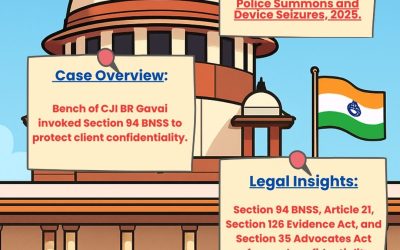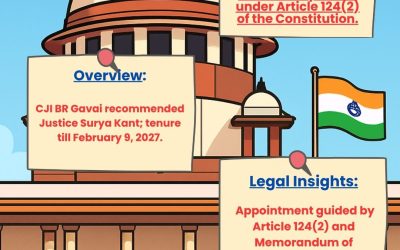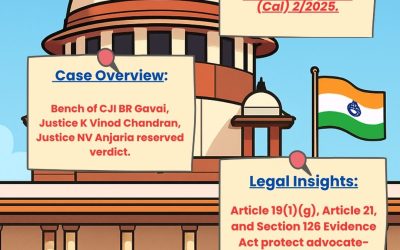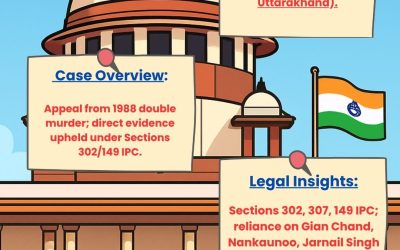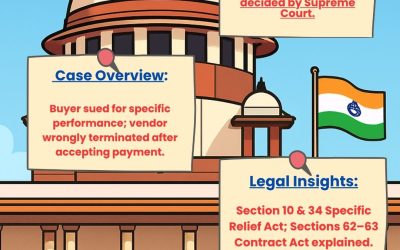Headline
The Supreme Court of India stated that there is no limitation on execution of perpetual Injunction Decrees.
Summary
The Supreme Court of India has stated that a decree granting a perpetual injunction can be implemented at any time, as it is not subject to any limitation period U/A 136 of the Limitation Act, 1963. The Court rejected objections against the execution of a decree after 40 years, stating that every breach of an injunction is independently actionable.
Key Facts
- Case Name: Bhudev Mallick Alias Bhudeb Mallick vs. Ranajit Ghoshal
- Judges Name: Justice JB Pardiwala and Justice R Mahadevan.
- The decree becomes enforceable when the judgment-debtor attempts to violate it.
- Res judicata is not applicable to successive breaches.
Legal Insights
- A perpetual injunction decree remains valid indefinitely and is enforceable upon any violation.
- Courts must take a strict initiative against repeated breaches.
Impact
This ruling of the Supreme Court strengthens the protection of decree holders by ensuring undisturbed enforcement of perpetual injunctions.
Why It Matters
The judgment shed light on the unlimited enforceability of injunction decrees, securing property rights and stopping obstructions in peaceful possession.
Source
Read also – Decree




